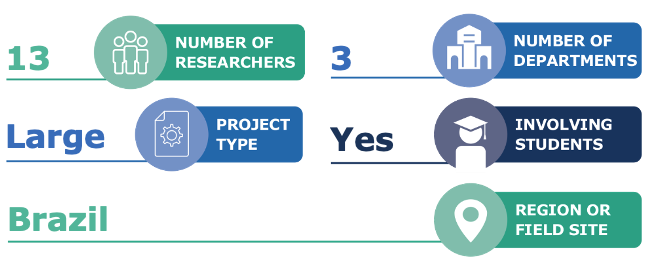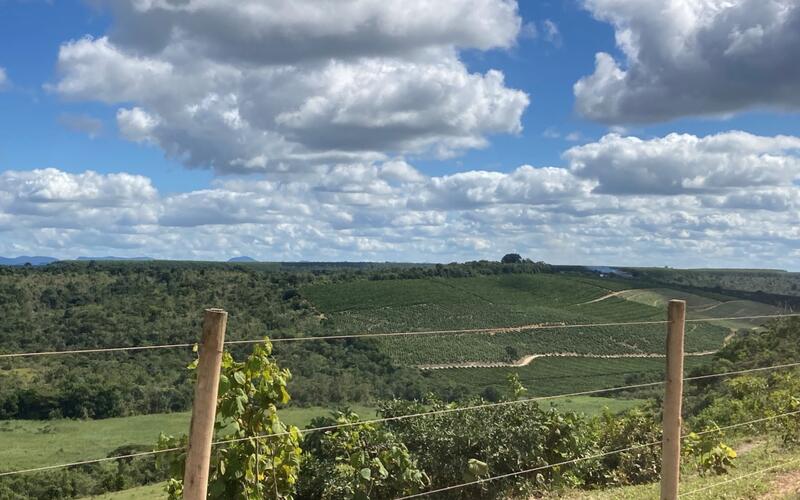What this project investigates: 1) The role industrial plantations can play in increasing the carbon stored in soils and above-ground biomass as compared to former and current agricultural and pastoral lands; 2) the potential for long-term carbon storage in manufactured wood products; 3) the potential for these wood products to be substitutes for more energy intensive materials; and 4) their potential to restore and protect recovering second growth forests within reforested areas.
Why it matters: Most studies focus on native trees when examining the potential role of tree planting for carbon sequestration in the tropics, but the vast majority of today’s reforestation is for industrial purposes and uses non-native tree species. This type of nature-based climate solution has enormous potential because non-native, industrial plantations can be economically appealing to landowners.

